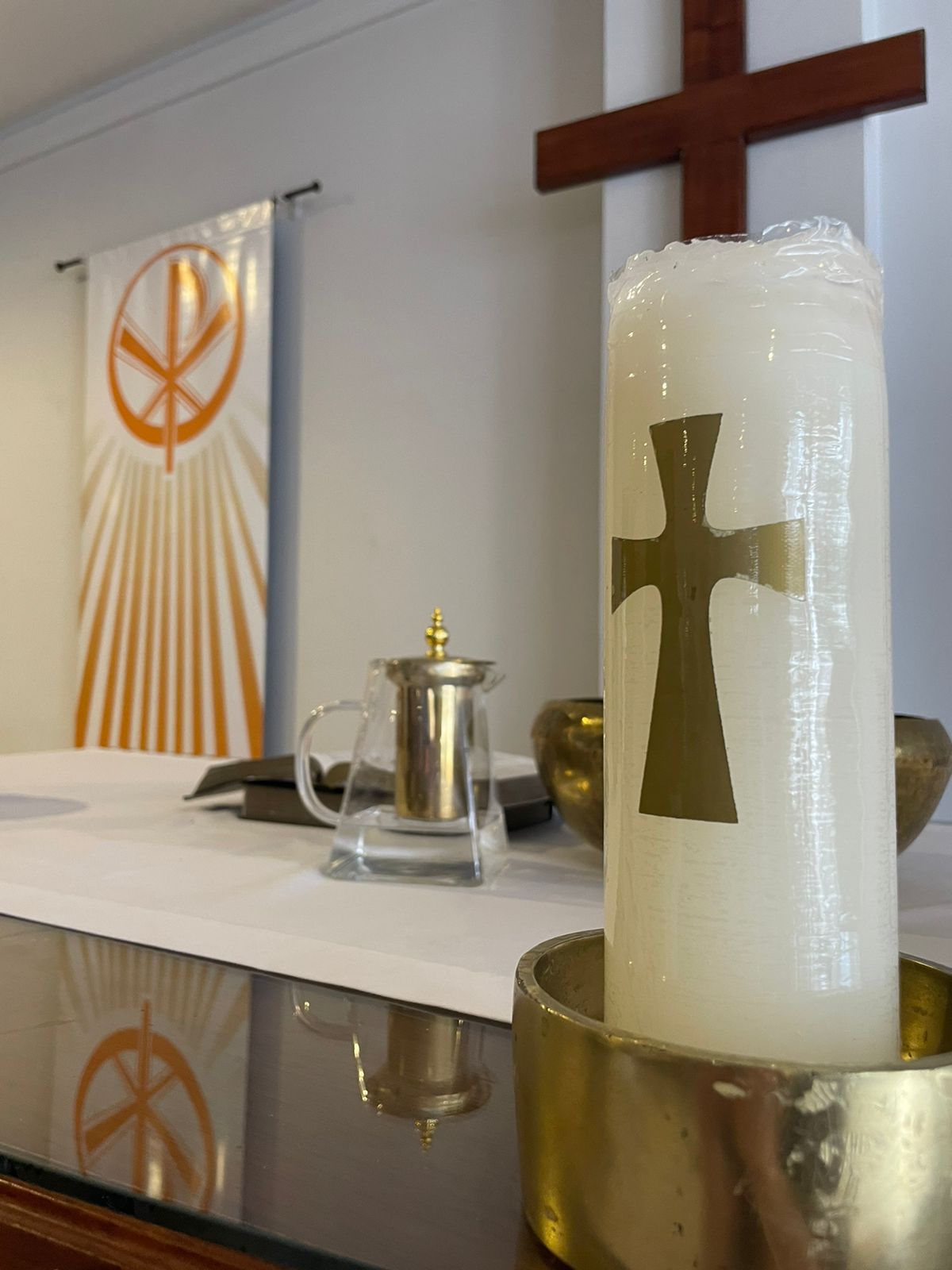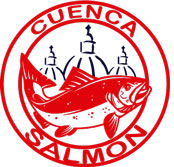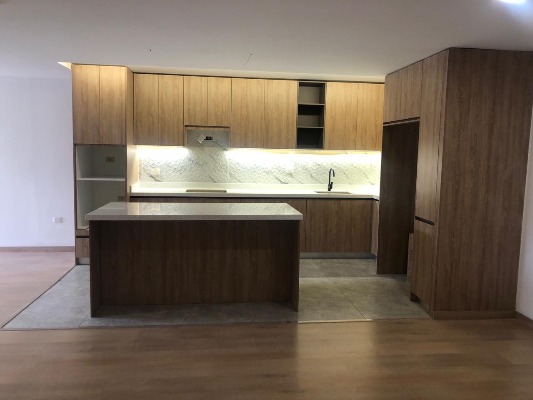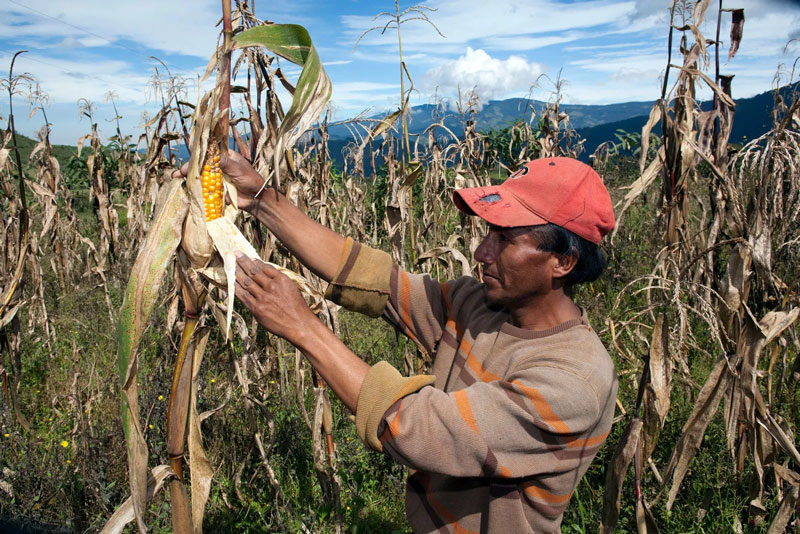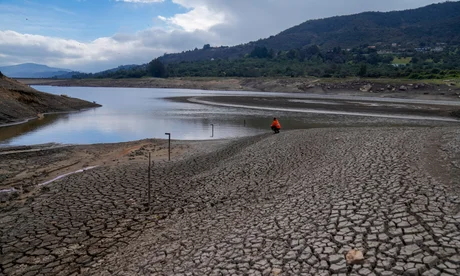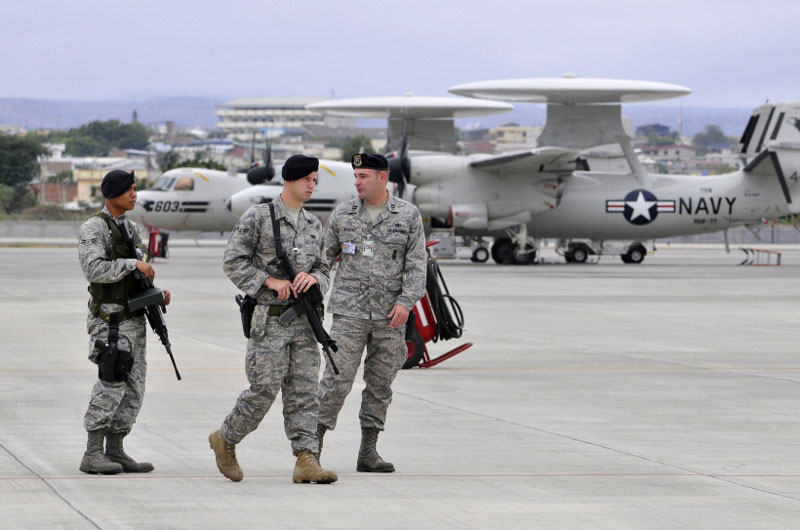Private concessions considered for road building; Guayaquil, Quito, Cuenca freeway is in the works
Despite the economic ravages of the Covid pandemic, Ecuador’s new government is moving forward with highway construction plans, looking to public-private partnerships and private investment for several major projects. Among them is a freeway system connecting Guayaquil, Quito and Cuenca.

Ecuador Transportation Minister and former Cuenca mayor Marcelo Cabrera
“These are difficult times and we need creative solutions to build the infrastructure the country needs,” says Transportation Minister and former Cuenca mayor Marcelo Cabrera. “We are doing feasibility studies on including private investment in a number of road projects. The investments could take a number of forms, including granting concessions to private management companies as well selling bonds to finance construction.”
Cabrera insists that seeking private financing does not mean the sale of public assets. “Absolutely not, the projects we build will not be sold to private interests. The state and the people of Ecuador will continue to own the public infrastructure.”
Among the projects Cabrera says will begin construction during the Guillermo Lasso presidency are a fifth bridge over the Guayas River in Guayaquil and a limited-access highway linking Guayaquil and Quito with a connection to Cuenca. “This highway has been discussed for years and we are finally planning to make it happen.”
Cabrera was mayor of Cuenca when construction of the Cuenca-to-Azogues autopista was completed and the new project would extend the six-lane freeway north to Ambato where it would connect to the Guayaquil-Quito highway.
“Besides the new projects, we have a great deal of maintenance to catch up on,” Cabrera says. “Even before the pandemic, repairs and maintenance on many of our major highways had been neglected. In some cases, we may turn to the private markets to finance this work.”
In addition to building new highways and repairing existing ones, Cabrera says a major challenge is maintaining and improving the country’s inter-provincial and municipal public bus systems. “Seventy percent of Ecuadorians depend on public transport and we need to update the system while keeping fares people can afford.”
Of immediate concern is providing targeted discounts to public carriers to compensate for rising fuel costs. “We are committed to allowing diesel and gasoline to rise to market levels but, at the same time, we cannot allow fares to rise due to poor economic conditions,” he says. “We are working with public transport companies to develop a system of compensation.”







